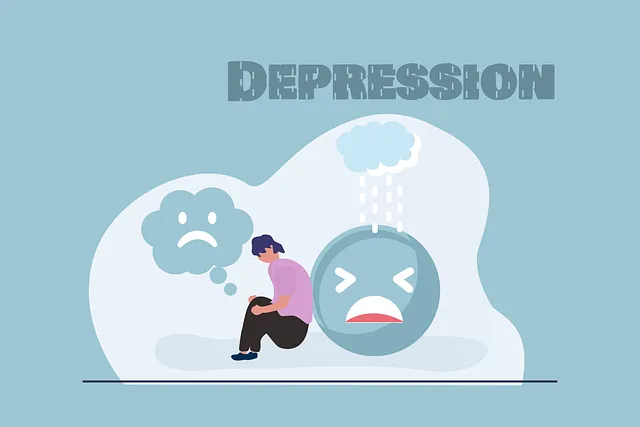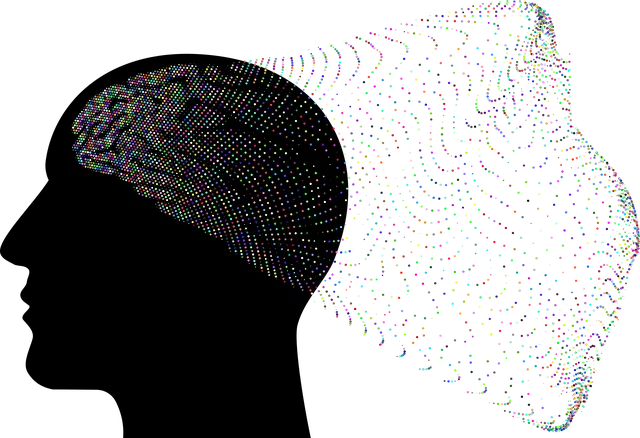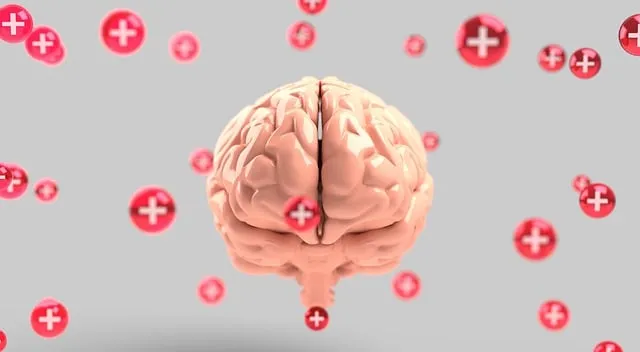The Boulder Kaiser Permanente (BKP) mental health department addresses diagnosis challenges through advanced training, innovative tools, and community engagement. They combine cutting-edge assessment methods with stress management workshops to enhance patient care. Their holistic approach, including data analytics and evidence-based practices, improves accuracy and reduces healthcare provider burnout. The BKP mental health department phone number offers accessible support, empowering individuals to navigate mental health services effectively while fostering open conversations about emotional well-being.
Mental illness diagnosis accuracy is a critical aspect of patient care, with significant implications for treatment outcomes. This article explores current challenges in mental health assessment and highlights innovative strategies employed by organizations like Boulder Kaiser Permanente’s mental health department (phone number available upon request). We delve into their approach, including advanced tools, comprehensive training, and patient-centered support systems that enhance diagnostic accuracy. These efforts not only improve individual care but also revolutionize the overall mental healthcare landscape.
- Understanding the Current Challenges in Mental Illness Diagnosis
- Boulder Kaiser Permanente's Approach to Enhancing Diagnostic Accuracy
- Innovative Tools and Techniques for More Precise Assessments
- Training and Education Initiatives for Healthcare Professionals
- Patient Support and Resources: A Holistic View of Care Improvement
Understanding the Current Challenges in Mental Illness Diagnosis

Mental illness diagnosis faces significant challenges due to the complex nature of human emotions and behaviors. The vast spectrum of disorders, from anxiety and depression to more severe conditions like schizophrenia, makes accurate identification a daunting task. Often, symptoms overlap, leading to misdiagnosis or delayed treatment. Additionally, cultural biases and societal stigma contribute to underreporting, making it harder for healthcare providers to gain an accurate understanding of patients’ psychological states.
Boulder’s Kaiser Permanente mental health department phone number serves as a critical resource for those seeking help. However, with growing demand and limited access to specialized services, the need for innovative solutions is evident. This prompts initiatives focused on improving diagnosis accuracy, such as integrating advanced assessment tools and training professionals in the latest research. Stress Management Workshops Organization and Emotional Well-being Promotion Techniques are examples of programs designed to educate both patients and healthcare providers about early recognition signs and symptoms, fostering a more informed approach to mental health care. Furthermore, Mental Health Education Programs Design play a pivotal role in community outreach, breaking down barriers and promoting open conversations around mental illness.
Boulder Kaiser Permanente's Approach to Enhancing Diagnostic Accuracy
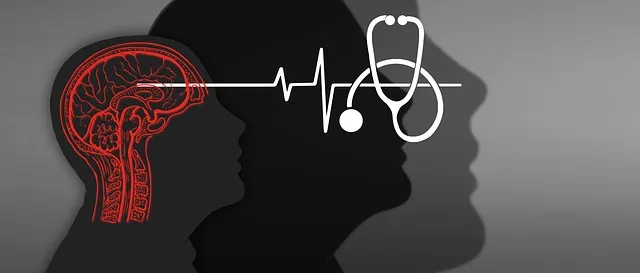
Boulder Kaiser Permanente has pioneered innovative strategies to enhance mental illness diagnosis accuracy within their renowned mental health department. One key initiative involves regular training sessions for healthcare professionals, focusing on staying updated with the latest research and treatment methods. These workshops not only cover clinical practices but also emphasize the importance of public awareness campaigns and promoting positive thinking in the community.
Furthermore, the organization hosts Stress Management Workshops, acknowledging that stress is a significant contributor to mental health issues. By empowering individuals with tools for stress reduction, Boulder Kaiser Permanente aims to complement traditional diagnosis methods. This holistic approach, combining advanced clinical training and community engagement, sets them apart as a leader in mental health care, accessible through their dedicated phone line: the Boulder Kaiser Permanente mental health department phone number.
Innovative Tools and Techniques for More Precise Assessments
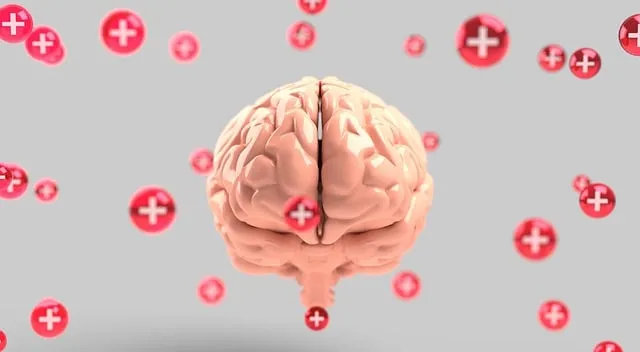
Mental health professionals at Boulder Kaiser Permanente are constantly pushing boundaries to enhance diagnosis accuracy. They leverage innovative tools and techniques, such as advanced data analytics and cutting-edge assessment methodologies, to ensure more precise evaluations. These efforts aim to go beyond traditional methods, incorporating digital health solutions and evidence-based practices that factor in individual patient experiences and cultural contexts.
By integrating these advancements, the mental health department at Boulder Kaiser Permanente improves risk management planning for their professionals, thereby mitigating stress management issues and burnout prevention. This holistic approach not only benefits patients by providing more effective treatments but also supports the well-being of healthcare providers through improved work environments and reduced workplace pressures.
Training and Education Initiatives for Healthcare Professionals

Efforts to enhance mental illness diagnosis accuracy often begin with training and education initiatives for healthcare professionals. Organizations like Boulder Kaiser Permanente’s mental health department play a pivotal role by offering comprehensive programs designed to equip practitioners with the latest research, tools, and techniques. These workshops not only focus on improving assessment methods but also emphasize empathy-building strategies, which are crucial in fostering effective patient communication. By investing in ongoing education, healthcare professionals can better understand complex symptoms, integrate self-care practices, and provide more accurate diagnoses.
The programs often include crisis intervention guidance tailored to various mental health conditions. This ensures that healthcare providers are prepared to handle a wide range of scenarios, offering timely interventions and support. Through such initiatives, Boulder Kaiser Permanente demonstrates its commitment to not only improving diagnosis accuracy but also enhancing patient care outcomes by empowering professionals with the knowledge and skills to make informed decisions.
Patient Support and Resources: A Holistic View of Care Improvement

Patient support and resources play a pivotal role in enhancing mental health care accuracy. Beyond traditional therapy and medication, a holistic approach includes accessible and comprehensive services tailored to individual needs. Organizations like Boulder Kaiser Permanente’s mental health department offer a phone number dedicated to connecting individuals with relevant resources, ensuring timely access to support. This proactive strategy not only improves diagnosis accuracy but also fosters better patient outcomes by addressing various aspects of care.
Integrating public awareness campaigns, self-esteem improvement initiatives, and emotional well-being promotion techniques further enriches the patient experience. By raising awareness about mental health issues and normalizing conversations around them, these efforts reduce stigma and encourage early intervention. Ultimately, a patient-centric approach that combines accessible resources with proactive health promotion techniques is key to improving mental illness diagnosis accuracy and overall public health.
Mental illness diagnosis accuracy is a multifaceted issue that demands innovative solutions. Boulder Kaiser Permanente’s leading role in enhancing diagnostic practices through advanced tools and comprehensive training sets a promising precedent for improved patient care. By prioritizing education and support, healthcare professionals can navigate the complexities of mental health assessments more effectively. For those seeking guidance, the Boulder Kaiser Permanente mental health department (phone number: [insert number]) offers valuable resources, reflecting a holistic approach to addressing this critical aspect of modern healthcare.
